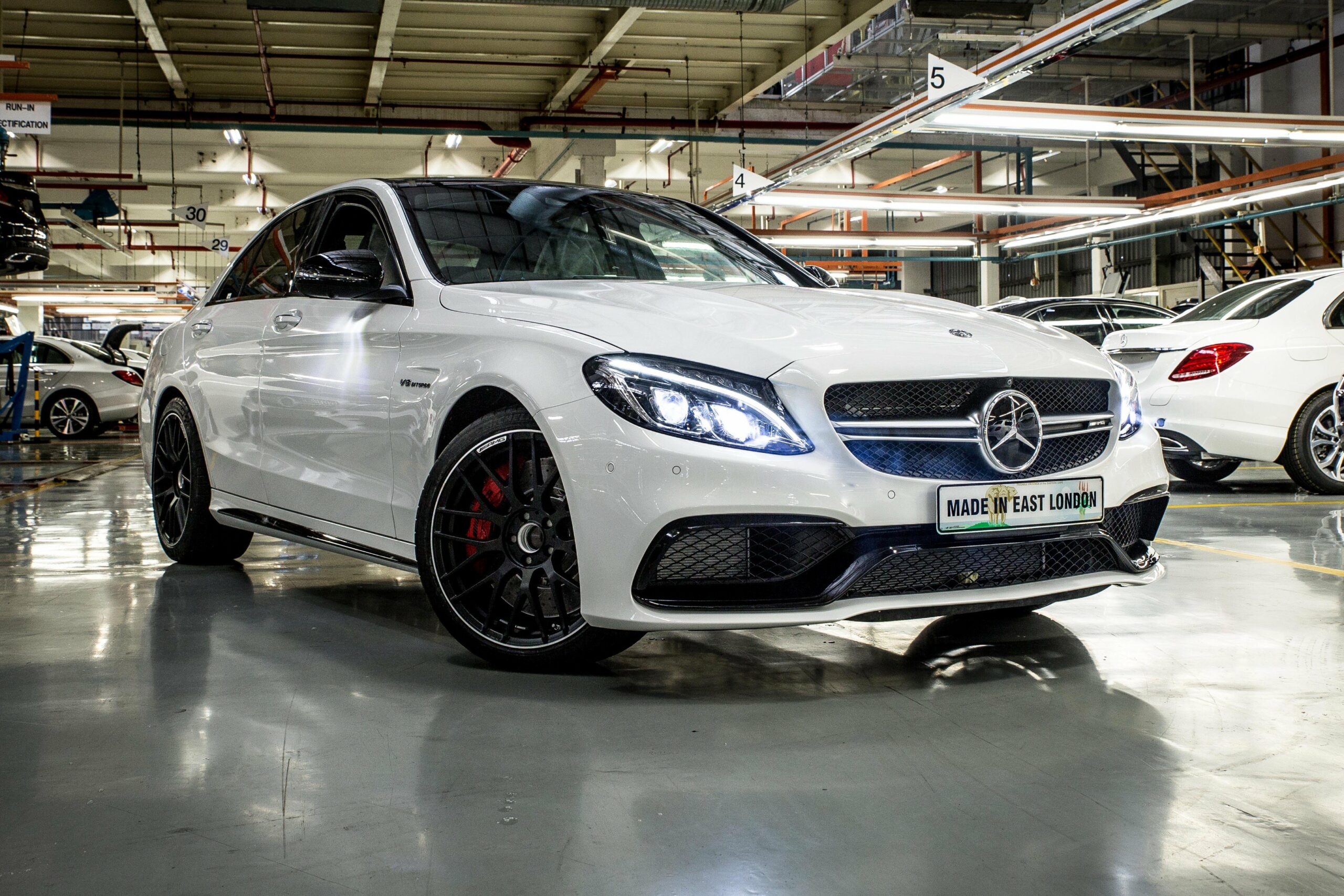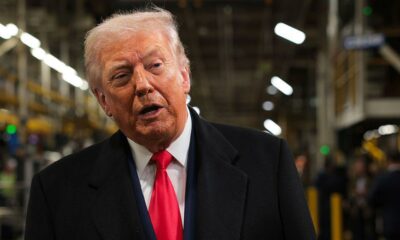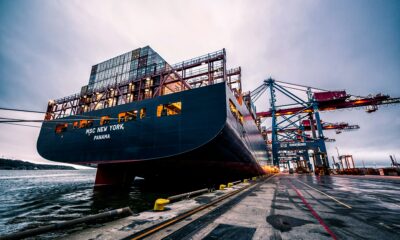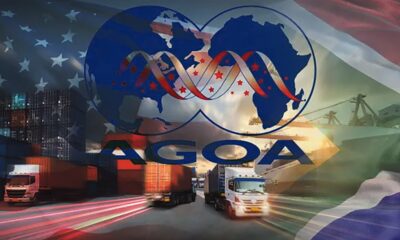Business
Mercedes-Benz Faces Uncertain Future in South Africa as Trade Tensions Bite

The Mercedes-Benz factory in East London has long been a source of pride for South Africa’s automotive sector. For nearly three decades, the plant has been a bridge between local industry and the global market, shipping C-Class sedans to the United States under the African Growth and Opportunity Act (AGOA). But now, after Washington pulled the plug on tariff-free trade, that bridge looks shaky and the future of the facility is hanging in the balance.
A proud history, a harsh reality
Mercedes-Benz first began exporting C-Class sedans to the U.S. from East London in 1997, seizing on AGOA’s promise of duty-free trade. The policy boosted local manufacturing, created thousands of jobs, and built South Africa’s reputation as a reliable hub for global automakers.
But in 2025, the Trump administration imposed a 30% duty on vehicles coming from South Africa. Almost overnight, the economic logic behind East London’s exports collapsed. What was once a competitive advantage turned into a liability.
Too much at stake to walk away
Mercedes-Benz has poured about €600 million into modernizing the plant as recently as 2022. That investment, along with a supply chain built across the Eastern Cape and a 2,400-strong workforce, makes closing shop a painful last resort.
Instead, insiders say Mercedes is quietly exploring a new strategy: inviting another automaker to share the East London facility. The idea would soften the blow of underutilization, but it’s far from simple. A second manufacturer would need to set up its own body shop and adjust operations, raising questions about whether rivals would even consider such a partnership.
Sales slump adds pressure
The numbers tell their own story. U.S. sales of Mercedes-Benz vehicles dropped 12% in the second quarter of 2025, dragging down global deliveries by 9%. Exports from South Africa fell nearly 50% in August alone, according to the Automotive Business Council.
At the same time, Mercedes is shifting production of high-demand SUVs to Alabama, further reducing the importance of its South African plant. For a brand that makes its biggest margins on SUVs, luxury sedans like the C-Class are increasingly hard to justify.
A bigger warning for South Africa’s auto sector
While Mercedes weighs its options, South Africa faces a broader concern: if AGOA’s suspension sticks, the country’s entire export-driven auto sector is at risk. Companies like BMW and Volkswagen have also relied heavily on U.S. market access. Without it, the government’s dream of making South Africa a global manufacturing hub could unravel.
Public reaction and political questions
South Africans, especially in East London, have taken to social media to voice their worries. Workers fear for their livelihoods, while industry watchers warn of a ripple effect on suppliers and small businesses tied to the plant.
The bigger question is political: was South Africa adequately prepared for AGOA’s suspension? Critics argue government should have diversified export markets sooner, particularly toward Asia and the Middle East, where demand for vehicles is growing.
For now, Mercedes insists no decision has been made about East London. “Evaluations are ongoing,” the company said in a statement. But with U.S. tariffs reshaping global trade, the automaker’s future in South Africa may depend less on boardroom decisions in Stuttgart and more on geopolitical chess moves in Washington.
{Source: BusinessTech}
Follow Joburg ETC on Facebook, Twitter , TikTok and Instagram
For more News in Johannesburg, visit joburgetc.com



























